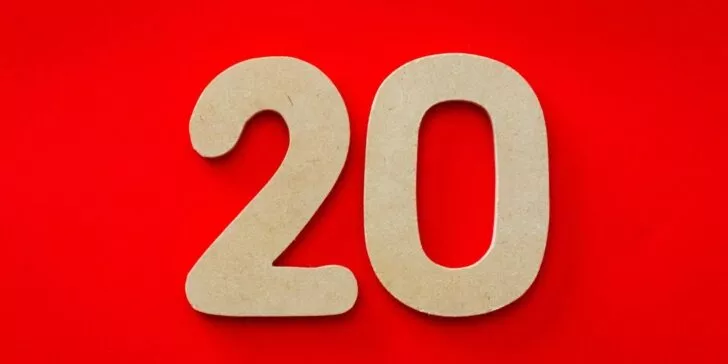Impersonal, inane, solecistic. Technology enables communication that is all of those and worse. Children who are functionally illiterate. Teachers who haven’t taught sentence diagramming or Latin roots in decades. Media that has to dumb down.
But as Stanford professor Andrea Lunsford’s found in her Study of Writing (yup, another Wired article), it’s not as bad as we assume. She studied almost 15,000 writing samples over five years and found several interesting things.
- 38 percent of the writing that her students did was “life writing” – outside the classroom – way more than in decades past.
- Not one student submitted a paper with txtspeak in it.
- Students have moved closer to the Greek rhetorical ability of kairos – modifying their written communication to fit who they were talking to and what they were trying to do.
And I love this: “The fact that students today almost always write for an audience (something virtually no one in my generation did) gives them a different sense of what constitutes good writing. [T]hey defined good prose as something that has an effect on the world.”
We’re starting to the power of our words. That’s a pretty encouraging thought.
* * *
Moreover, also encouraging but almost in the opposite way was a talk I just saw by digital anthropologist, scientist and ethnographer Stefana Broadbent. She showed at TED that the communication technologies like texting, instant messaging, Facebooking, Skype that we see as kind of detached, fire-hose ways to talk – they aren’t as far-reaching as we think. We might have hundreds of friends on each technology, but on average we’re having deep conversations with four or five or six people. That’s it.
She explains that need for these technologies come from the Industrial Revolution. Our jobs don’t exist in the physical midst of our personal lives anymore: we normally have to go somewhere to go to work. She calls the use of these technologies the “reappropriation of the personal sphere”.
We’re changing the fundamental assumption of the last 150 years that doing our job means isolating ourselves from the people we care about. I love that, too.
* * *
So yes, as University College London professor John Sutherland said, much of technology-enabled communication is “bleak, bald, sad shorthand”. As someone who did have to take Latin (um, twice), was forced to create outlines, and can still diagram a sentence, that depresses me to no end. But it’s worth remembering that it can also enable communication that is intimate. Thoughtful. Loving. And unstoppably, unendingly creative.
To me, what matters is whether students still learn the rules before they break them. It’s like music. Once you’re classically trained, you can riff on it. If you grow up thinking it doesn’t matter whether you can spell – if you can’t explain the structures of a sonnet or a haiku -Â you’re in trouble. But when you’re fluent in each kind of communication, that’s when you can do amazing things.


Comments are closed.